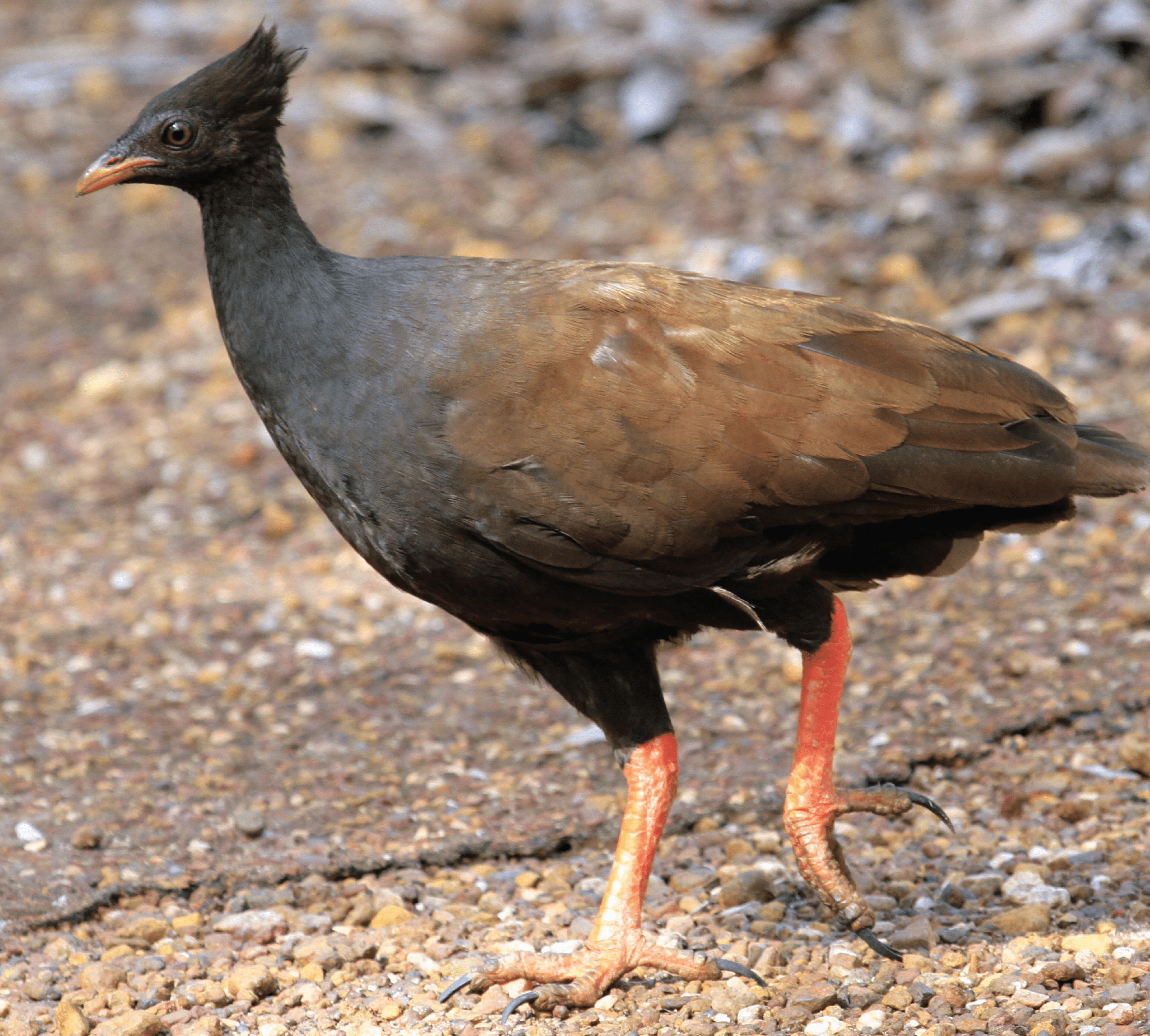Over the years many foreign plants and animals have established themselves in Darwin. To protect the natural environment we monitor a range of introduced species and remove and manage their impact on local flora and fauna wherever possible.
Cats
Either domestic or feral, cats are known to be prolific and efficient hunters. They have caused the extinction of many ground-dwelling birds and small to medium-sized mammals. Being a responsible cat owner can make a real difference to native wildlife.
Responsible cat ownership means:
- de-sexing your cat
- keeping the cat inside as much as possible
- attaching a bell to its collar.
Cats have even been listed as a key threatening process threatening the survival of native species by the federal government.
If you are having problems with stray or feral cats in your area, a cat trap may be of assistance.
Cane Toads
Cane toads, Rhinella Marina, are a major pest across the top end, and are a threat to native wildlife. Their highly toxic poison is deadly to many native fauna species that we enjoy watching in our yards. Many of our local species of lizards, birds and frogs are declining in numbers trying to out compete cane toads.
We continue to look into the best methods to control cane toad populations, however there is no broadscale way to control this pest.
to find out more on cane toads visit https://nt.gov.au/environment/animals/feral-animals/cane-toads
Mosquito Control
We liaise directly with the Department of Health to coordinate effective maintenance and improvement works to drainage systems. We provide mosquito infestation control measures and annual maintenance to drains in order to minimise potential for mosquito breeding.
Fore more info including calendars of peak insect times visit https://nt.gov.au/wellbeing/emergencies-injuries-and-accidents/bites-and-stings/insects-of-medical-importance
Weeds
Weeds are a huge problem across our city and Australia. They often out compete native vegetation and increase the risk of fire, therefore reducing and controlling weeds on land that is managed by Council is a big part of our job.
We use a coordinated weed management approach based on our Weed Management Guidelines, to help ensure the protection, health and integrity of native bushland, parks, foreshores, wetlands and waterways.
To see listed weeds in the Northern Territory visit https://nt.gov.au/environment/weeds
Climate Change
Climate change is happening every day and affects a range of Council activities. Severe weather events, temperature increases, storm surge and sea level rise are threats to the way we live. We are moving towards becoming a more environmentally sustainable city and working to minimise the impacts of climate change on the Darwin community.
Urbanisation
As Darwin grows as a tropical urban city, the increased population and the need for housing and other services puts pressure on natural ecosystems. Some species may learn to adapt such as the orange-footed scrubfowl (Megapodius reinwardt) commonly called a bush chook, but many other species haven’t fared so well and are threatened or have even become locally extinct. Darwin tries to balance the needs of the community and infrastructure with maintaining the environmental values.

